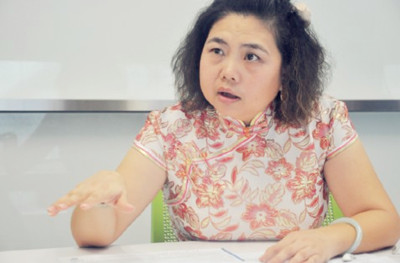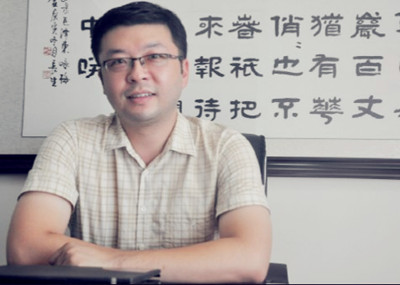The road to rebalancing
Updated: 2012-08-24 17:54
By Andrew Moody and Hu Haiyan(chinadaily.com.cn)
|
|||||||||||
LOCAL GOVERNMENTS ROLL OUT THE RED CARPET TO ATTRACT FOREIGN INVESTMENT
A bank merely opening a new branch is not normally a signifi cant news event. However, this month's opening by the British bank Standard Chartered of a branch in Changsha has been much heralded in the media.
The modest-looking premises in the city's New Time Plaza is seen as an indication of the business potential that now exists in China's high-growth inner regions.
As such even the soft opening in July merited attendance by none other than the bank's global Chief Executive Peter Sands and Hunan province Party Secretary Zhou Qiang.
 |
|
Susan Sui, general manager of Standard Chartered Bank's Changsha branch. PHOTOS BY HU HAIYAN / CHINA DAILY |
Susan Sui, 41, general manager of the branch, which will employ 30 people, says the bank has wanted to open a branch in Changsha for some time.
"As a foreign bank we can only open two or three branches a year so we have to do a lot of research before we open up in any location," she says.
"We have observed the (local) government had made a lot of e ort to attract foreign investment and I think more Fortune 500 companies will set up a presence here."
Despite the publicity, Standard Chartered is not the fi rst foreign bank to open a branch in Changsha. HSBC opened a branch four years ago, followed by Bank of East Asia, Citibank and the South Korean bank Shinhan.
Sui has spent a large part of her career in the previously booming southern coastal regions. She was deputy general manager of the Guangzhou branch and regional sales manager of the bank’s South China Global Enterprise. Before moving to Changsha in May, she spent fi ve years as general manager in Zhuhai, which borders Macao.
But she believes the real growth opportunities now lie in inner regions like Changsha.
"Because of the European debt crisis and the US slowdown, the economy of the coastal regions has been a ected a lot whereas in central China there is a lot more dynamism and energy to develop the economy," she says.
Another European business that opened in Changsha is Earlex, a British maker of paint spray guns, steam cleaners and other professional power tools for the DIY and professional market.
The business, based in Guildford, Surrey, which has a number of other international operations, opened a sales office in the city earlier this year.
Terry Lan, 32, the sales manager, is another recruit from the south coast, having previously worked in Shenzhen.
 |
|
Terry Lan, sales manager of the British company Earlex in Changsha. PHOTOS BY HU HAIYAN / CHINA DAILY |
"Changsha was chosen because the company was not that familiar with the China market and wanted a central location with easy access to other cities and where living standards and rental costs might be lower," he says.
Lan, a graduate of Sydney University, says companies are increasingly relocating to Changsha and other areas of central China because of the new fast rail links that mean coastal cities in Guangdong are just three hours away.
"A lot of manufacturers are moving their facilities from Guangdong because they are trying to reduce their costs. They can manufacture here and also transport their goods by the bullet train to the ports on the south coast in less than three hours.”
In Guiyang, the capital of one of China's poorer and less developed provinces, Guizhou, a Chinese-born US citizen has returned to make a major investment.
Ji Yong, 44, is one of the leading experts in the world in his fi eld of optoelectronics, having built a reputation for himself with ventures in Silicon Valley and elsewhere in the US.
He has put up 10 percent of the capital in Guizhou Haotian Optoelectronics Technology, in the Jinyang Technology Industry Park in the city.